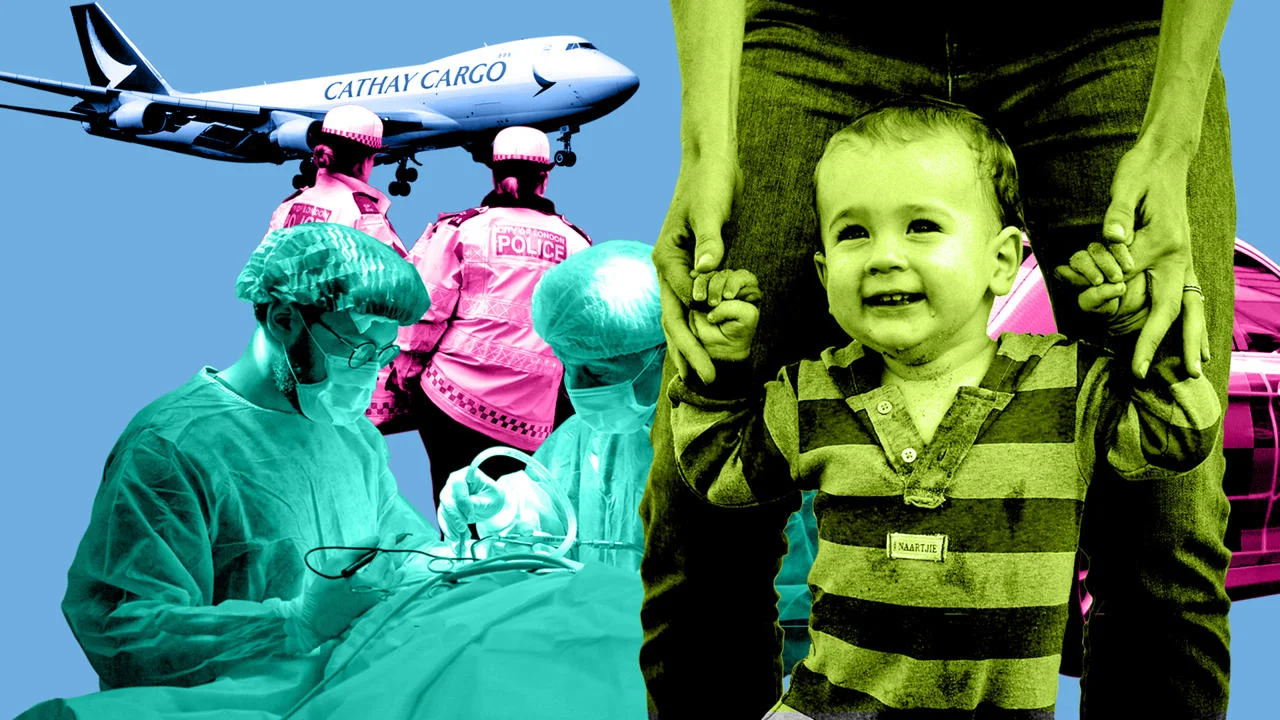How are parental skills linked to Autism Spectrum Disorder diagnoses in children?

Contents
Could traits that help parents thrive in their jobs also be linked to the likelihood of their children developing Autism Spectrum Disorder (ASD)?
ASD (which includes several diagnoses including autism and Asperger’s syndrome) encompasses a wide range of symptoms and their severity. Common signs of ASD include difficulties in social interactions, a preference for repetition, and a tendency toward rigid thinking and behaviour.
Since ASD runs in families, and because certain jobs require skills like interpersonal communication or attention to detail and routine, researchers have been interested in exploring if parents' occupations might be related to ASD diagnoses in their children.
Parents who have extreme ‘systems and ordering skills’ are 35 per cent more likely to have children who are diagnosed with ASD than parents with a more ‘balanced’ mix of those skills.
Mapping occupations and Autism Spectrum Disorder diagnoses
Dr Chiara Orsini, Visiting Fellow in the Department of Social Policy at LSE and Lecturer in Economics at the University of Sheffield, and colleagues have been investigating the connection between parental skills and ASD by working with population-level data from Denmark.
Their research connects high-quality data on children diagnosed with ASD in Denmark over a 20-year period with detailed information about their family background, including the occupations of their parents.
By then mapping Danish occupations onto the Occupational Information Network (O*NET), a database from the United States that describes occupations in terms of the skills required to do them, the researchers identified connections between the skills parents use in their jobs and the likelihood of ASD in their children.
Measures could be developed to identify children at increased risk of being diagnosed with ASD, and get them and their families help much earlier.
How fathers’ occupations correlate with ASD diagnoses of their children
The study's findings are particularly compelling when it comes to fathers. An increase in "systems and ordering skills" – traits often associated with meticulousness and structured thinking – correlates with a modest yet statistically significant rise in ASD incidence in children.
These skills were found to be particularly important in occupations such as air traffic controllers, chemical engineers, computer professionals, and medical professionals.
On the other hand, fathers whose occupations emphasise communications skills, such as empathy and interacting with people, were less likely to have a child who was diagnosed with ASD than fathers who did not work in these types of fields. Occupations in this category included childcare workers and police officers.
Dr Orsini cautions, "A child’s father’s occupation does not predestine them to any particular career or, indeed, an ASD diagnosis although our research shows there is an association in some instances.
"By using data that many countries already have access to in labour registries, our research shows that measures could be developed to identify children at increased risk of being diagnosed with ASD, and get them and their families help much earlier."
Building on leading autism research
The researchers also found that parents who have extreme "systems and ordering skills" are 35 per cent more likely to have children who are diagnosed with ASD than parents with a more "balanced" mix of those skills. This supports a theory, put forward by leading autism expert Professor Simon Baron Cohen, which suggests that some extreme personality traits in parents affect the incidence of ASD.
However, in contrast to what Professor Baron-Cohen’s model predicts, the researchers found large positive links between ASD in children and parents with extreme empathy and communication skills. Although these findings are somewhat dependent on the type of analysis used, they suggest that ASD could be linked to parents who have exceptionally strong traits in several areas.
Additionally, Dr Orsini and her co-authors tested the theory that the phenomenon of "assortative mating" – the tendency of individuals with similar skills and traits to partner with one another – could explain the large increase in diagnoses of ASD in developed countries. In the UK, between 1998 and 2018 there was a 787 percent increase in the new diagnoses. And while the researchers did find clear evidence of assortative mating, they found no significant evidence to link this to the recent rise in ASD cases.
Dr Chiara Orsini was speaking to Sue Windebank, Senior Media Relations Manager at LSE.
Download a PDF version of this article




